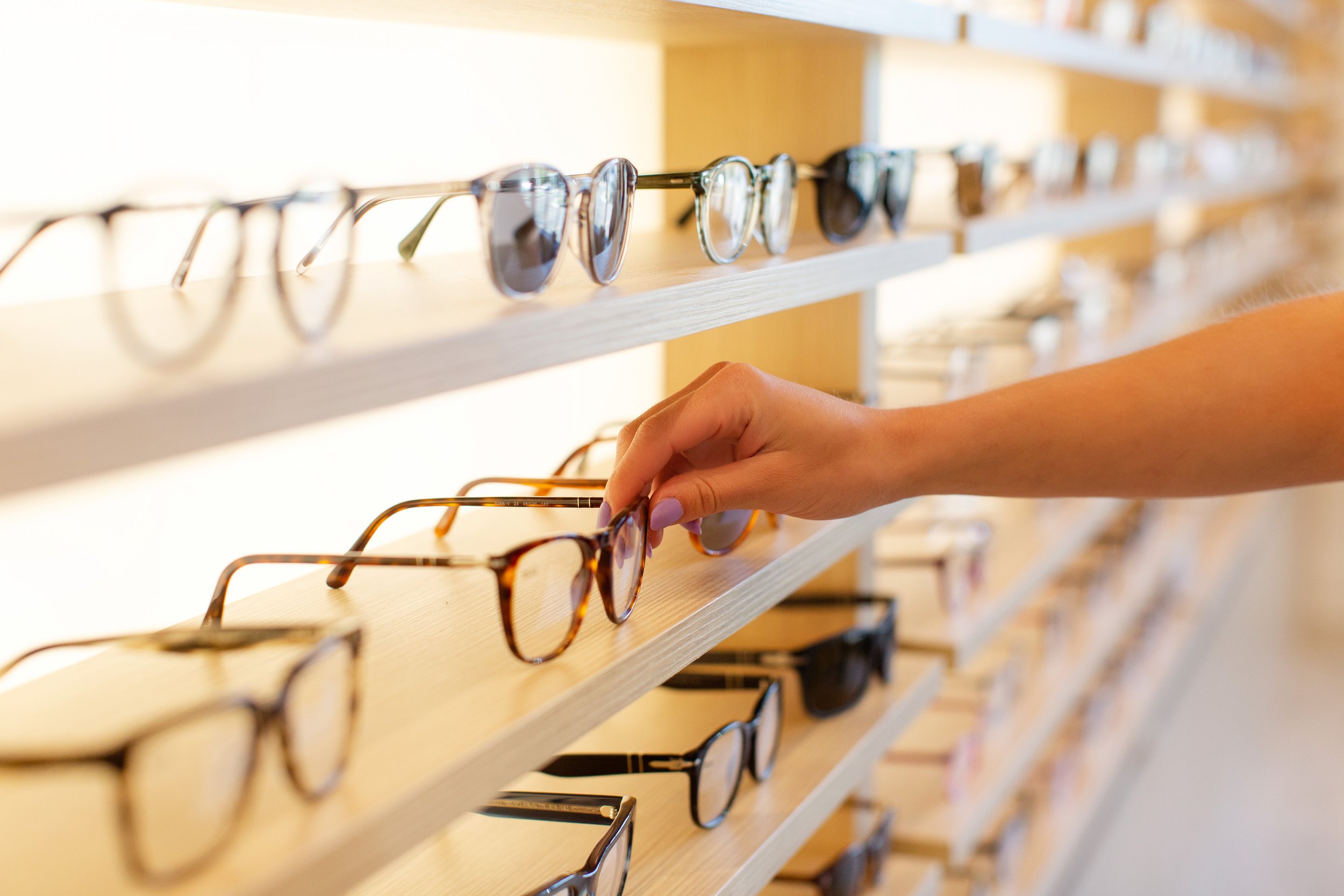
EYE EXAMS | NIHB
Non-Insured Health Benefit for First Nations and Inuit Indigenous Services Canada
Cost: NIHB covers the cost of your eye exam.
- Includes OPTOMAP Ultra-Widefield Imaging
Frequency: Every 2 Years (Ages 19+), Every Year (Age 0-18)
Insurance: Preauthorization Required.
Please call to book or choose the dropdown online and we will contact you before your appointment.
NIHB: Non-Insured Health Benefit for First Nations and Inuit
Eye Exam Coverage for NIHB.
If you’re covered under Non-Insured Health Benefits for First Nations and Inuit (NIHB) a federally funded program under Health Canada, you are eligible for the following eye care benefits every 2 years:
√ A comprehensive eye exam
√ A complete pair of eyeglasses if required
Children between 0 and 18 years of age, are eligible for vision benefits on a yearly basis.
√ A comprehensive kids eye exam - covered by Alberta Health
√ A Complete pair of eyeglasses if required
The Helio Optometry Difference and your NIHB coverage.
Our comprehensive eye exams include Optos Ultra-Widefield retinal imaging at no additional cost, everytime. We believe that everyone should have access to quality eye care.
Our eyeglasses include anti-reflective non-glare lenses or blue blocking anti-reflective coating at no additional charge.
Our eyeglasses include a scratch resistance coatings at no additional charge.
We carry a vast selection of eyewear covered under the program in store, ensuring you get the look you want.
We will upgrade you for free to our Aperture no-line progressive lenses if you require multifocal, bifocal, or trifocal lenses.
NIHB Eye Exam Details.
Required: Recipients under these programs must present a valid ISC or Status benefit card along with valid government-issued photo identification at the time of the eye exam in order to access their benefits.
Where Can I Learn More About NIHB Vision Benefits.
For more information on the vision care benefits and services available under the Non-Insured Health Benefits for First Nations and Inuit please refer to the Health Canada website.
We Deliver Eye Exams
Tailored to You.
-
Our optometrists take the time to get to know you and understand your unique visual concerns. Whether it's for work, life or play, we can develop a customized solution to maximize visual comfort and performance.
-
Your personal medical history can have a profound effect on your eye health. Diabetes, thyroid problems, high blood pressure, autoimmune conditions like arthritis, Crohn's, irritable bowel, Sjogren's and certain medications can affect eye health.
-
Knowing your family history can help us tailor your eye exam and screen for conditions earlier and more regularly. Our optometrists can also recommend ways to reduce your overall eye health risks.
-
Your visual demands at work and play are equally important to us. Finding visual solutions for everything you do can make your day more comfortable and enjoyable.
-
We want to walk you through your visual options to ensure that you get the best outcome, eyeglasses, contact lenses, cataract surgery, laser eye surgery or dry eye treatments. Our optometrists believe in the doctor-patient partnership and tailor treatments to your goals and desires.
How to prepare for Your Eye Exam.
Get the most out of your eye exam by preparing for your visit.
-
Knowing your old prescription in your eyeglasses or sunglasses helps us to determine how much change your eyes are experiencing. This is important when managing some eye conditions.
-
If you love or hate your contact lenses, bring your current boxes. This way we can ensure that we can keep you in what you like, or find something that will work better.
-
Bring your insurance cards, government issued photo-Id like a drivers license, as well as your Alberta Health Care card. In order to provide services or bill your insurance, we need to be able to verify your identity.
-
Many health conditions can affect your vision. Knowing your medications can help us to better monitor your eye health. Medications for conditions such as diabetes, hypertension, cholesterol, arthritis, asthma, autoimmune, anti-depressants, and allergies are only some of the conditions we monitor and treat.
-
Most eye exams take about 20-30 minutes to complete, but can last up to 1-hour if we need to dilate your eyes and run additional tests. If new eyeglasses are prescribed we suggest you allow for another 30-minutes to find something that you love, as well as have our optical team take all the appropriate measurements to accurately fill your new prescription.
-
Eye exams are important to your overall health. It’s generally recommended that you have an eye test annually. Your optometrist may recommend a longer interval, depending on your age and risk factors.
-
Maybe. We don’t routinely dilate everyone, because we use optomap retinal photography which provides us with a 200-degree image of the inside of the eye. Certain medical like diabetes, cataracts, and glaucoma or vision conditions still require us to dilate your eyes. Your optometrist will notify you before instilling any eye drops.



